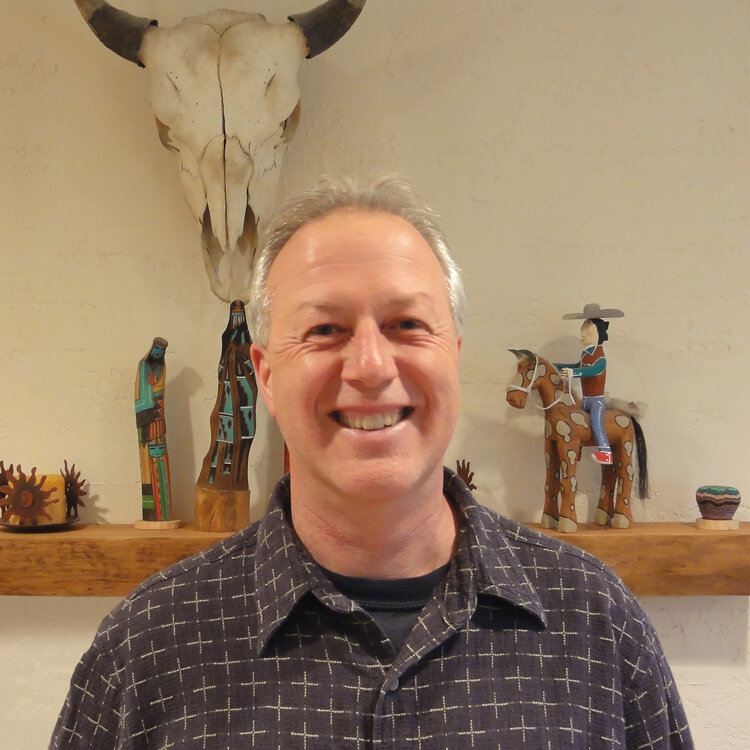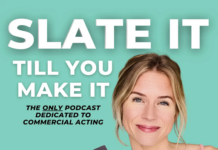In the realms of cultural anthropology and the healing arts, few stories resonate as profoundly as that of Robert Vetter. A healer and coach, Vetter’s journey is intertwined with the wisdom passed down by Oliver Pahdopony, the last medicine man of the Comanche people, and Vetter’s adoptive grandfather. Through a lens of transformation, Vetter shares the profound revelation that our most frightening problems might, in fact, be our greatest gifts.
In a quiet reflection on his first encounter with Oliver Pahdopony in 1980, Vetter paints a vivid picture of a man who defied conventional expectations. Pahdopony, initially uninterested in becoming a medicine man, found himself at a crossroads when diagnosed with terminal cancer. When modern medicine failed him, he turned to the ancient ways of his people, finding not only a cure but a newfound ability to alleviate the suffering of others.
Vetter, inspired by Pahdopony’s journey, embarked on a lifelong exploration of cultural anthropology, seeking solutions to contemporary problems in the wisdom of diverse cultures. His path led him to become a healer and a coach, employing methodologies gleaned from the vast tapestry of healers and cultures he encountered.
A pivotal realization dawned upon Vetter as he delved into the life stories of healers like Patiponi—a realization that crisis and suffering could serve as catalysts for a life of profound meaning and purpose. “Our crises and our sufferings can ultimately lead to a life of meaning and purpose,” Vetter asserts, emphasizing that life’s challenges are not insurmountable obstacles but transformative forks in the road.
Vetter sees life crises as decisive moments with two diverging paths—one leading to stagnation or unfulfilled potential, the other to growth, meaning, and transformation. This perspective, born from the wisdom of healers like Pahdopony, becomes a guiding principle for Vetter in his role as a healer and coach.
“The process of navigating a life crisis,” Vetter notes, “leads to the discovery of a gift.” This gift, however, is not for personal gratification; rather, it is meant to be shared with others. Vetter views suffering not as an immutable fate but as a potent force that, when channeled correctly, becomes a key to helping others.
The question of why we suffer may remain elusive, but Vetter poses a question within our grasp: “How can I turn my suffering around and find within it my key to helping others?” This question, he asserts, is the linchpin of personal empowerment, capable of transforming every facet of one’s life—personal, familial, and professional.
In the tapestry of Vetter’s own life, influenced by the teachings of Pahdopony and numerous other healers, he finds that the answer to this pivotal question changes everything. It is a question that breathes life into personal narratives, reshapes family dynamics, and propels professional endeavors to new heights. Most importantly, it is a question that, when embraced collectively, has the power to change the world.
Robert Vetter’s journey from cultural anthropology to healing and coaching is more than a personal odyssey—it is a testament to the profound impact of turning one’s suffering into a force for good. As he continues to explore the depths of human resilience and the transformative power of crisis, Vetter stands as a beacon of hope, encouraging others to embrace their most challenging moments as opportunities for growth, meaning, and, ultimately, positive change in the world.







